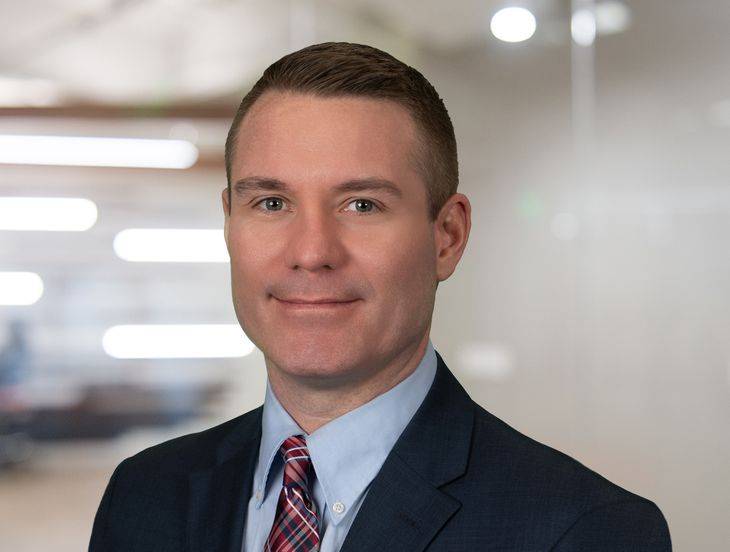Government Doubles Down On Warning To Employers Accepting Small Business Loans
Insights
4.28.20
Following rapid depletion of funds available to small businesses under the CARES Act and subsequent Congressional action to refill the well, the Treasury Department today vowed to conduct “full audits” of companies receiving Payroll Protection Program (PPP) loans of more than $2 million. Companies, or those who certified the loan applications, may face criminal liability for false certifications.
Borrowers Beware
After details emerged over very large national companies receiving PPP loans intended for small businesses, the Treasury Department updated its FAQs to encourage all borrowers to carefully review whether “current economic uncertainty makes this loan request necessary to support the ongoing operations of the Applicant.”
Specifically, FAQ No. 31 echoed Treasury Secretary Steven Mnuchin’s previous sentiments, which warned certain employers who have access to other means of capital to use the Escape Plan and return funds by May 7, 2020, to avoid further scrutiny. Although employers anticipated the issuance of additional regulations about PPP loans and economic necessity by April 27, 2020, the Department still has not yet published the anticipated regulations, leaving many borrower’s questions unanswered.
Criminal Liability?
Today, Secretary Mnuchin pledged to the media to fully audit businesses receiving more than $2 million from the small business loan program, which includes PPP loans. Notably, he also indicated that anyone who provided false information during the loan process could be subject to criminal liability. Although Secretary Mnuchin did not detail what criminal sanctions such borrowers could face, we expect at a minimum that they could include:
- 18 U.S.C. 1001 and 3571 (false statements to federal officials);
- 15 USC 645 (misrepresentation of size status); and
- 18 USC 1014 (false statements to a lending institution).
Additionally, the government often uses these provisions as potential tag-alongs when seeking criminal penalties against corporate entities:
- 18 U.S.C. § 287 (criminal false claims);
- 18 U.S.C. § 1344 (bank fraud);
- 18 U.S.C. § 1341 (mail fraud);
- 18 U.S.C. § 1343 (wire fraud); and
- 18 U.S.C. § 371 (criminal conspiracy).
Moreover, the government routinely recovers funds through the civil False Claims Act, 31 U.S.C. § 3729 et sq., and recovered approximately $3 billion in the fiscal year 2019.
What Does This Mean for Employers?
Businesses that have received any loan funds should immediately review current business activity and the ability to access other sources of liquidity to determine whether they completed the required certification “in good faith” given the updated FAQ. For businesses that plan to apply for the anticipated additional funding of the PPP detailed here, the same considerations must be made before applying and accepting any funds.
Conclusion
Fisher Phillips’ SBA Loan Team will continue to monitor the ever-changing COVID-19 situation and provide updates. Make sure you are subscribed to Fisher Phillips’ Alert System to get the most up-to-date information.
For further information, contact your Fisher Phillips attorney, or any member of our SBA Loan Task Force. You can also review our FP BEYOND THE CURVE: Post-Pandemic Back-To-Business FAQs For Employers and our FP Resource Center For Employers.
This Legal Alert provides an overview of a specific developing situation. It is not intended to be, and should not be construed as, legal advice for any particular fact situation.
Related People
-
- Patrick W. Dennison
- Partner
-
- Edward F. Harold
- Regional Managing Partner
-
- Samantha J. Monsees
- Partner


